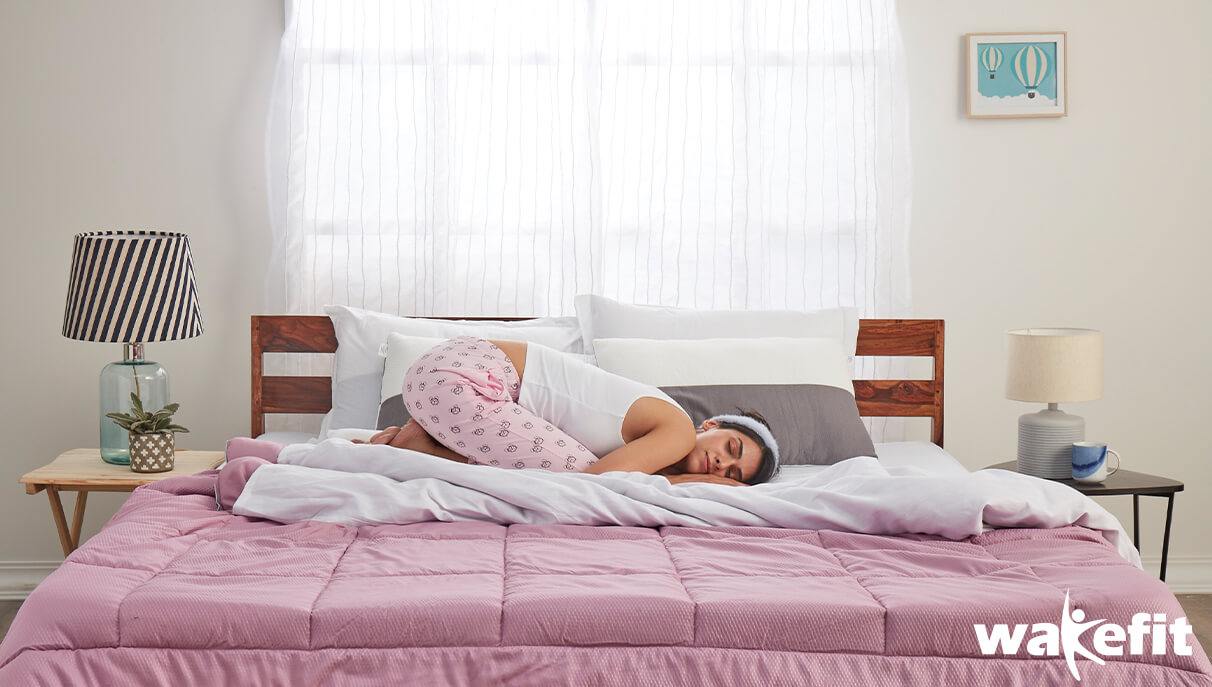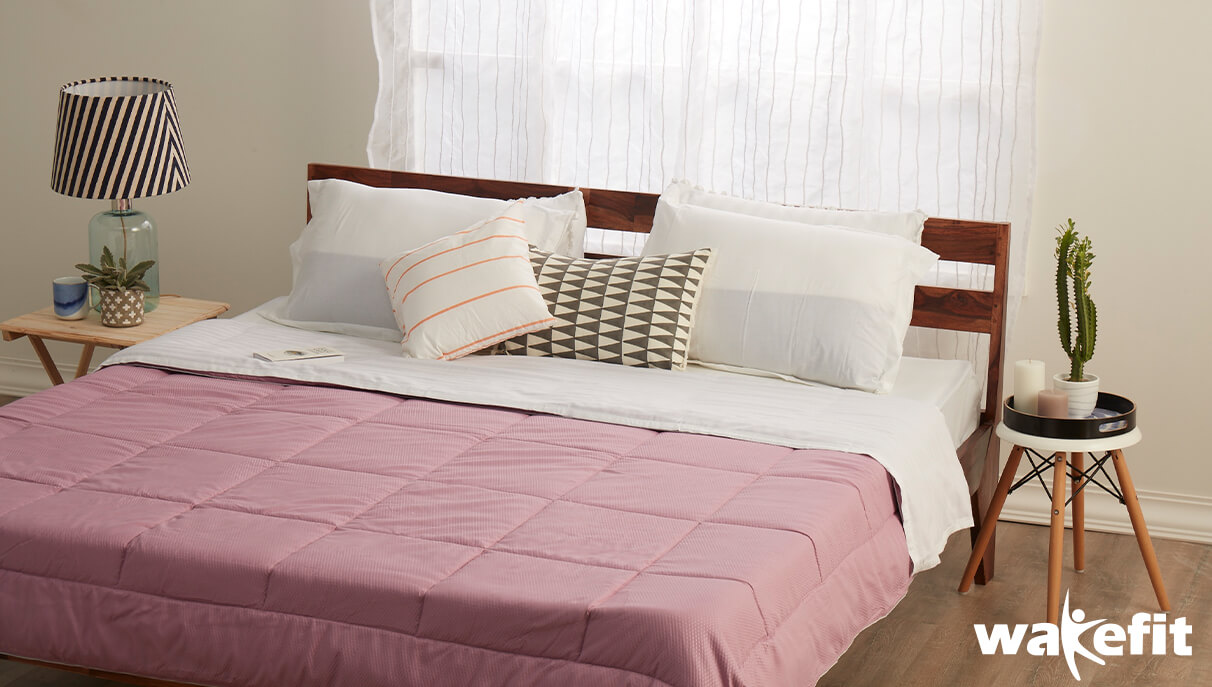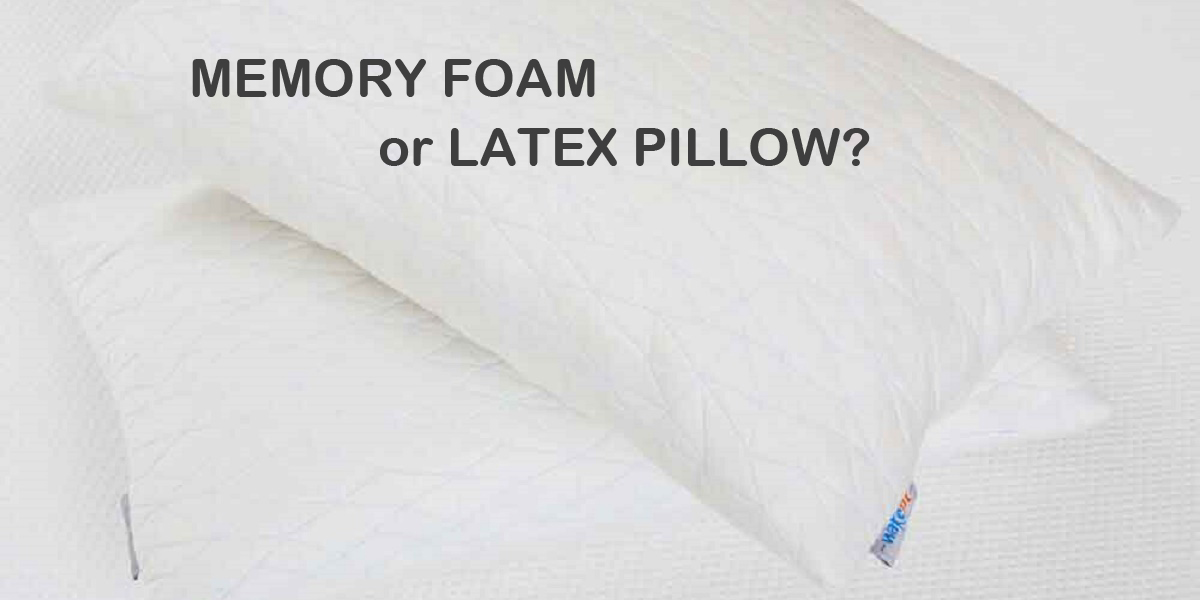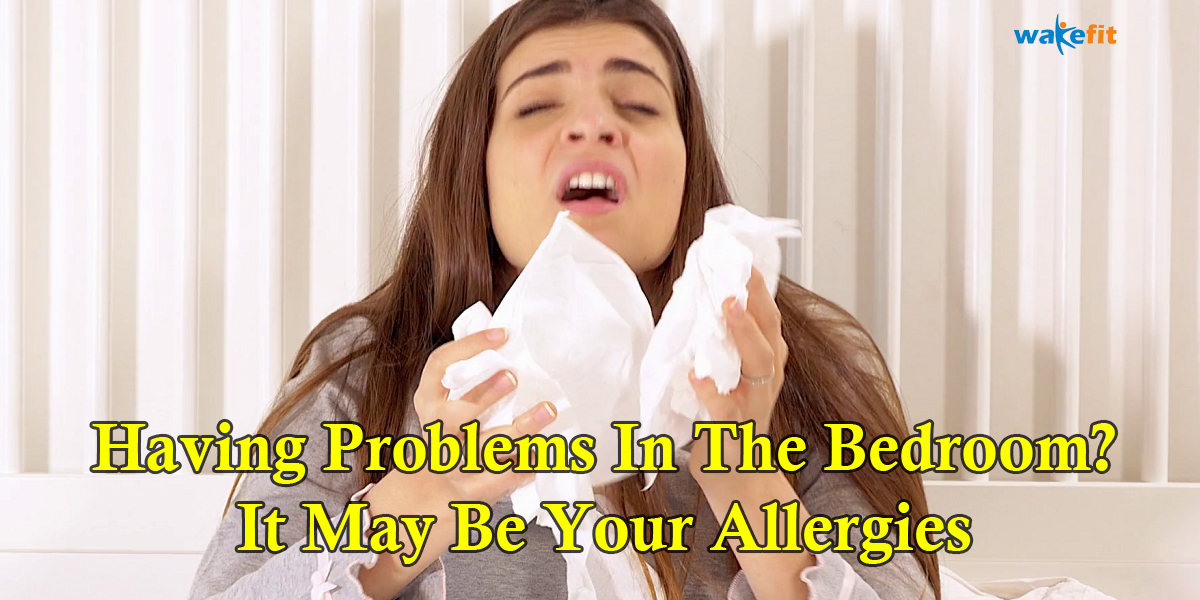If you have sleep bruxism, you will find yourself grinding teeth in sleep unconsciously. It’s a condition where you tend to gnash and clench your teeth while you’re sleeping. Yes, it can happen both during the day when awake and at night, but nocturnal bruxism comprises the majority of cases.
Biting teeth in sleep can be damaging to your oral health. You can also feel certain changes appear in your teeth as they receive the most harm. Therefore, it’s important to check if you experience the same teeth grinding symptoms before you confirm your condition.
Teeth Grinding Symptoms
Here are some of the impacts of prolonged grinding teeth in sleep:
- Loose, chipped, flattened, or fractured teeth,
- Tired jaw muscles that don’t allow jaws to open completely,
- Severe damage from biting of the inside of cheeks,
- Earache: as it might seem but induced from jaws.
These are some of the teeth grinding symptoms common to ones suffering from sleep bruxism. However, the other impacts include neck, and face pain, and strained tooth enamel.

Bruxism Causes
Several factors influence this act of grinding teeth in sleep. However, doctors can’t yet identify the real cause of the problem but it is a result of genetic and psychological factors.
Stress and anxiety seem to be major factors of nocturnal bruxism. Biting teeth in sleep can also be a genetic factor that may have run in your family in the past. According to one study, clenching teeth in sleep could be related to stress and anxiety.
Moreover, some experts even suggest that the other bruxism causes are due to its relation with addictions. Alcohol abuse, caffeine consumption, and cigarette smoking keep you on edge thereby manifesting the condition. Grinding teeth in sleep could also be associated with other sleep illnesses like sleep apnea, chronic fatigue, and snoring. Taking certain medications can also result in the patient grinding their teeth during sleep.
According to surveys, more than 8 per cent of adults grind their teeth during sleep. This symptom is seen among children too. One-third of parents have reported sleep bruxism in their child/children. If one is doing this only occasionally, then it is not considered that harmful.
However, regularly clenching your jaws and grinding your teeth during sleep can result in severe damage. It can also cause pain in the face, especially around the jaws. dental
People who suffer from sleep bruxism also have interrupted or disturbed sleep, which in the long run, can be dangerous to one’s health.
Pro Tips: How to Stop Grinding Teeth in Sleep Naturally
There are some practices that you should incorporate while understanding the importance of sleep so as to avoid clenching teeth in sleep every night. Moreover, you should consider protecting your jaws, gums, head, and neck. Plus, you can also count on exercises as they are undoubtedly effective when done consistently.
Here are some of teeth clenching treatments that you can look into to avoid biting teeth in sleep.
-
Avoid hard snacks
Popcorn and nuts can further damage your oral environment, primarily your gums. Your jaw would remain painful and might make way for chronic damage.
-
Say no to chewing gums
One of the ways on how to stop grinding teeth in sleep naturally is to always avoid chewing gums. If not, you are contributing towards your jaw’s muscle memory of unconscious bitting during sleep.
-
Head and neck position check
Pay attention to your head and neck positions when you sleep. Add additional neck rest if needed. Sometimes it’s due to the improper positioning of your head that results in biting teeth in sleep.
Moreover, you will also hurt your neck and therefore, with time, make it chronic. So, one of the things you can look out for is to check if you have the right pillow for sleep. You should consider a few factors to choose the best pillow for neck pain to be gentle with your neck and, as a result, soothe nocturnal bruxism.
-
Bid farewell to pain with some ice
In the case of pain, apply an ice pack to soothe it. Don’t let it linger or settle down as the muscles suffer resulting in leaving them weak. If avoided can lead to chronic damage in the facial structure as well.
-
Is your mattress bruxism-friendly?
Look back at your mattress as they are one of the prime reasons for sleep disturbances. As studies show that a significant cause of clenching teeth in sleep is anxiety, it clearly affects your general health negatively.
One of the ways to deal with it can be investing in a good mattress out of different types of mattresses available online that does not create any restlessness in you irrespective of your sleeping position. Wakefit’s Orthopedic Memory Foam mattress distributes your bodyweight uniformly all throughout will ensure that no anxiety is created in you during sleep.
Also, it will make sure no blood clots occur in your body during your sleep or when you wake up. Thereby, your continuous biting teeth in sleep will minimize to a significant extent.
If you make these natural habits a vital part of your routine, you will see a significant reduction in grinding teeth in sleep. The condition of bruxism not only hurts your oral environment but also your health in general being mostly associated with anxiety.
Therefore, one of the vital teeth clenching treatments we suggest is checking your mattresses for a restful sleep that ensures proper health of your body.




No Comments